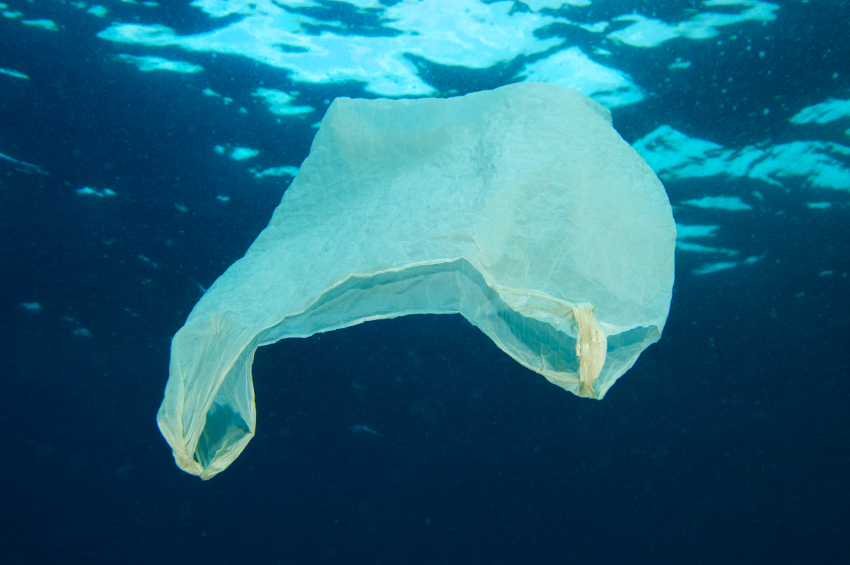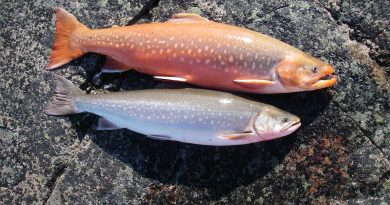Plastic waste threatens oceans say Swedish researchers

Researchers in Sweden are calling on people to use less plastic in an effort to help protect the oceans as well as human life.
Writing in newspaper Dagens Nyheter Wednesday, three researchers said plastic waste of all sorts is finding its way into the oceans and seas and being eaten by marine life.
They said that small bits of the material entering the food chain are then being consumed by humans who eat the seafood. The plastic could also leach chemicals into the waters and fish, they warned.
“More than half of all plastics contain chemicals that are classified as hazardous according to the UN,” they wrote. “New research shows that fish that eat plastic absorb toxic chemicals found in plastics, chemicals which are then passed on to humans.”
Starting next week, researchers with Örebro University will begin a series of sailing expeditions around the Baltic Sea to measure and study the amount of litter and plastic floating in the water.
“We need to identify how much plastic is in the oceans and what size it is, for it is quite important, we believe, on how dangerous plastic will be to the environment, marine environment and even for us humans in the end,” said Anna Kärrman, an associate professor in chemistry at the university and one of the authors of the editorial.
Related stories from around the North:
Canada: Fisheries and Oceans raises turbot quota in Canada’s eastern Arctic, CBC News
Greenland: Greenland seeks Canadian culprit for broken undersea telecom cable, CBC News
Norway: Norwegian conference looks at development in Barents Region, Eye on the Arctic
Sweden: Just how sick is the Baltic Sea?, Radio Sweden
United States: Arctic sea ice littered with tiny bits of ‘microplastic’ pollution, Alaska Dispatch



